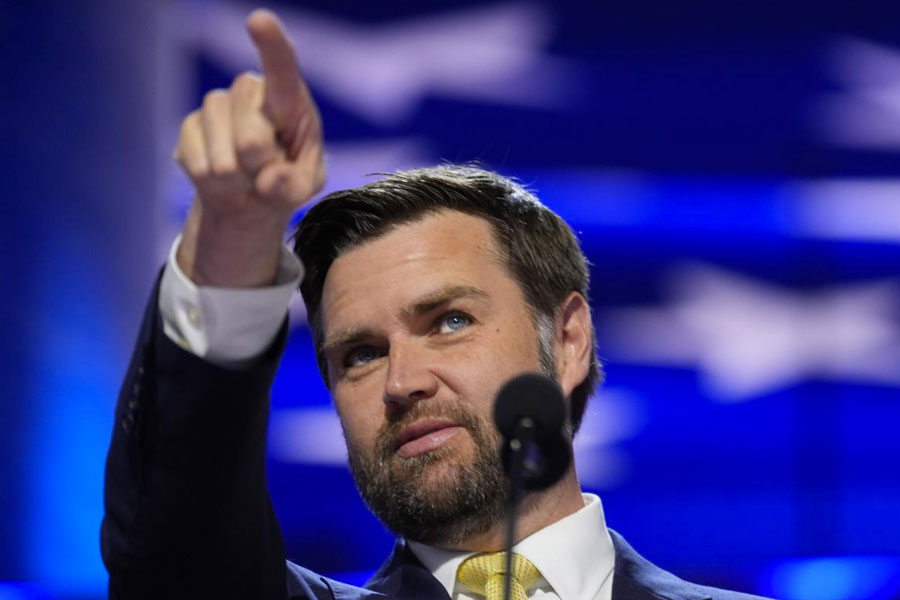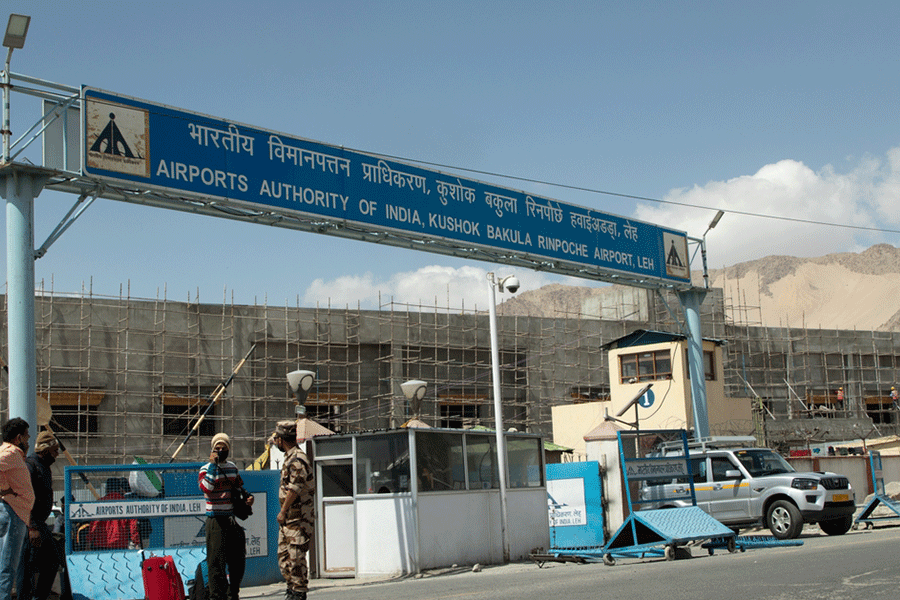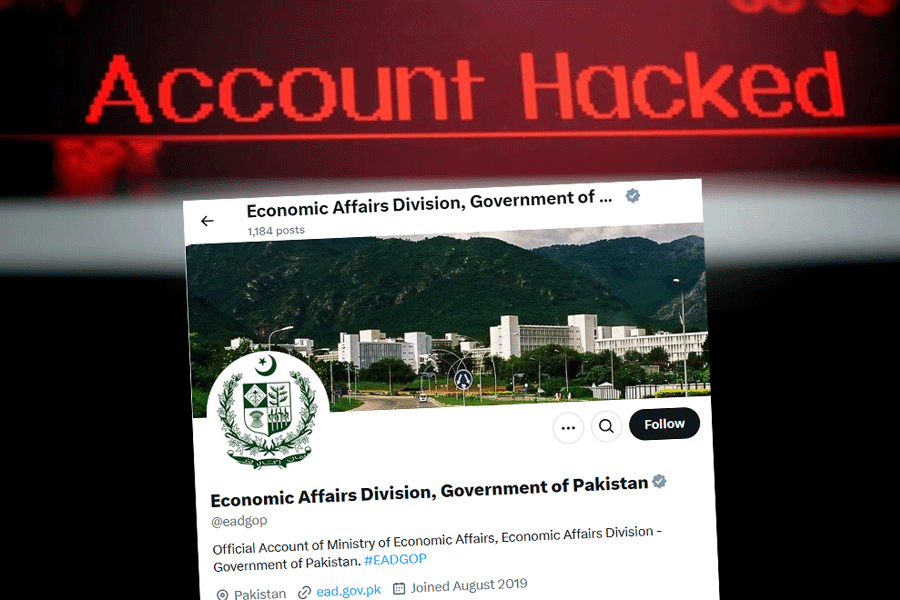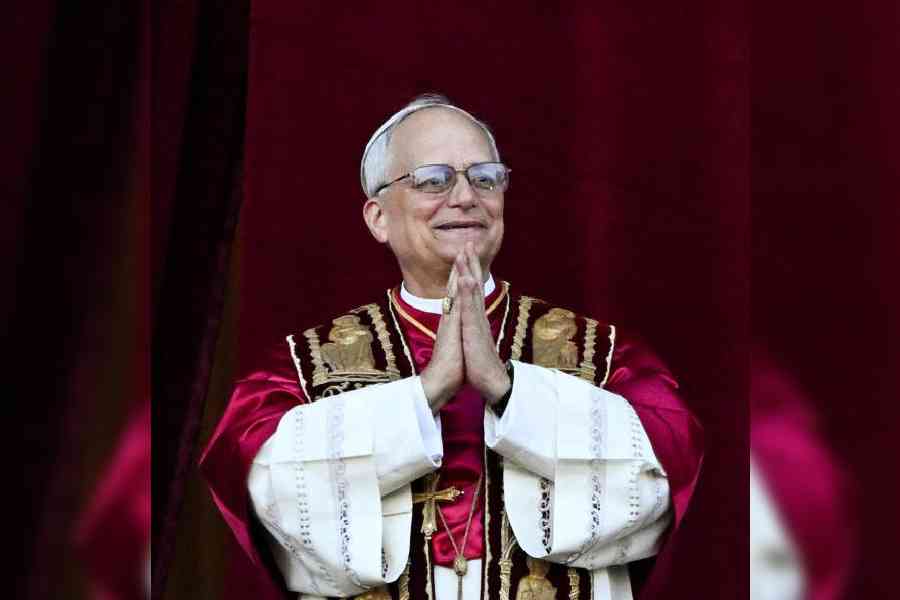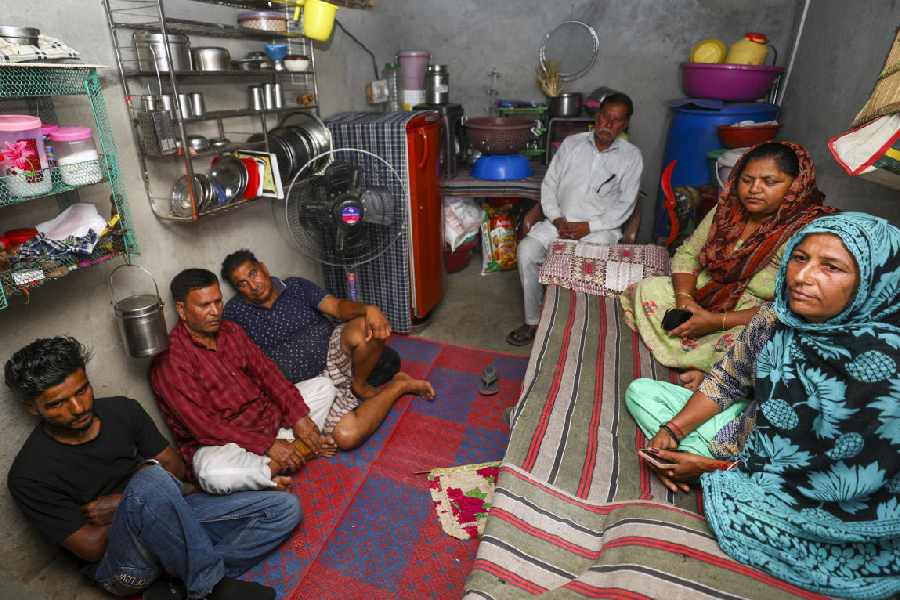New Delhi/Mumbai, April 1 (Reuters & PTI) : The Supreme Court has dismissed Swiss drugmaker Novartis AG's attempt to win patent protection for its cancer drug Glivec, pointing out that it did not see Glivec as a new drug.
The decision sets a benchmark for several intellectual property disputes in India, where many patented drugs are unaffordable for most of its 1.2 billion people, 40 per cent of whom earn less than $1.25 a day.
Pfizer Inc's cancer drug Sutent and Roche Holding AG's hepatitis C treatment Pegasys lost their patented status in India last year, and Monday's ruling will make it tougher for them to win back patent protection.
“Henceforth, multinational pharma companies are likely to want that their patents are first recognised in India before launch of a patented product,” said Ameet Hariani, managing partner at Mumbai-based law firm Hariani & Co.
A bench of justices Aftab Alam and Ranjana Prakash Desai dismissed the claim of the Swiss firm for getting exclusive rights for manufacturing the cancer drug on the ground that a new substance has been used in the medicine.
While a one-month dose of Glivec costs around Rs 1.2 lakh, generic drugs made by Indian companies, for the same period, cost Rs 8,000.
Advocate Pratibha Singh, appearing for Indian drug firms Ranbaxy and Cipla, which had opposed Novartis' plea, said that the judgment is a victory for Indian companies as they can now manufacture cheaper drugs so long as there is no patent over a medicine.
Novartis has been fighting since 2006 to win a patent for an amended form of Glivec. In 2009 it took its challenge against a law that bans patents on newer but not radically different forms of known drugs to the Supreme Court.
India has refused protection for Glivec on the grounds that it is not a new medicine but an amended version of a known compound. By contrast, the newer form of Glivec has been patented in nearly 40 countries including the United States, Russia and China.
The Supreme Court decided that Glivec does not satisfy the ”novelty” aspect, Pravin Anand, lawyer for Novartis, told reporters.
Advocate Anand Grover, who appeared for the social organisation Indian Cancer Patients Aid Association, said the court while rejecting the petition of Novartis has held that the drug is not novel, PTI adds.
“The court has held that the drug is not novel, not inventive and does not satisfy the requirements of section 3(d) (of the Indian Patent Law),” he said.
Section 3(d) is important as it was brought in specially under the new patent law and does not allow new form of known substances to be patented unless they are significantly more efficacious,” he said.
“Patents will now be granted only for genuine inventions and not on repetitive inventions. The Supreme Court said there was no new invention in the Novartis' drug,” she said.
She also said there should be no fear that foreign firms would be affected with Monday’s verdict since as long as they have genuine inventions, patents will be given to them.
Indian pharma companies manufacturing generic drugs as well as by health aid activists had said Novartis is not entitled for patent and it is indulging in “ever-greening” of patent by simply changing the composition of the ingredients of the drug.
Ever-greening of patent right is a strategy allegedly adopted by the innovators having patent rights over products to renew them by bringing in some minor changes such as adding new mixtures or formulations. It is done when their patent is about to expire.
A patent on the new form would have given Novartis a 20-year monopoly on the drug.
During the arguments earlier, Novartis had tried to dispel the impression that its drug would be beyond reach of poor cancer patients due to its high cost.
“The purpose is not to make money from the poor. This is not the purpose, but am I not entitled for patent for our drug? We are fighting the case on principle,” senior advocate Gopal Subramanium, appearing for the company, had said.
He had submitted that there should be no cause of concern that the poor would not get treatment and had claimed that 85 per cent of such patients are treated free under its scheme.


